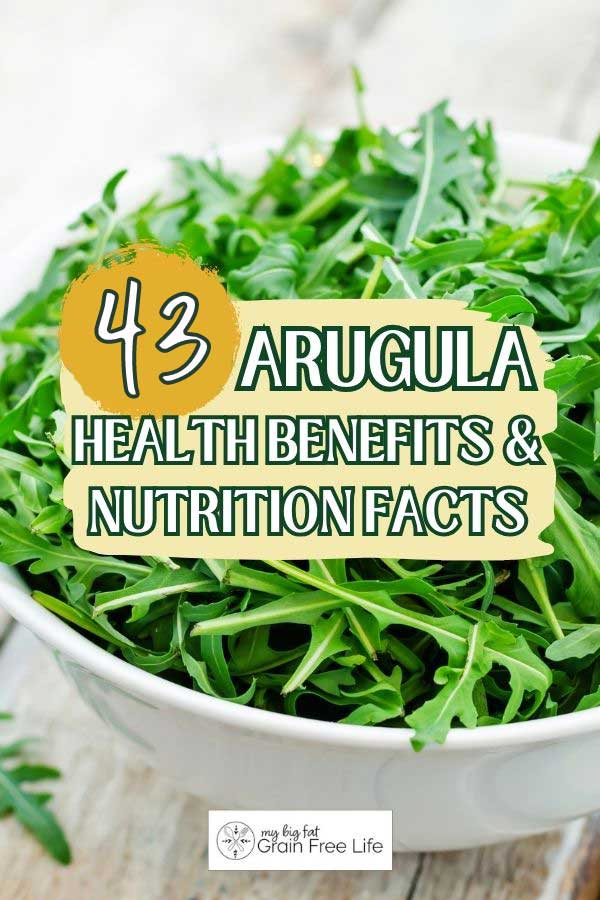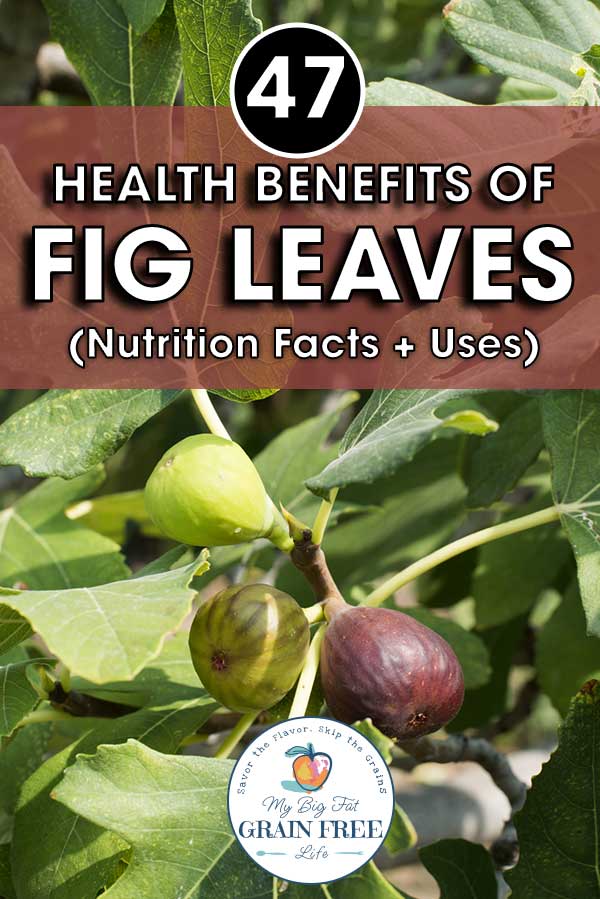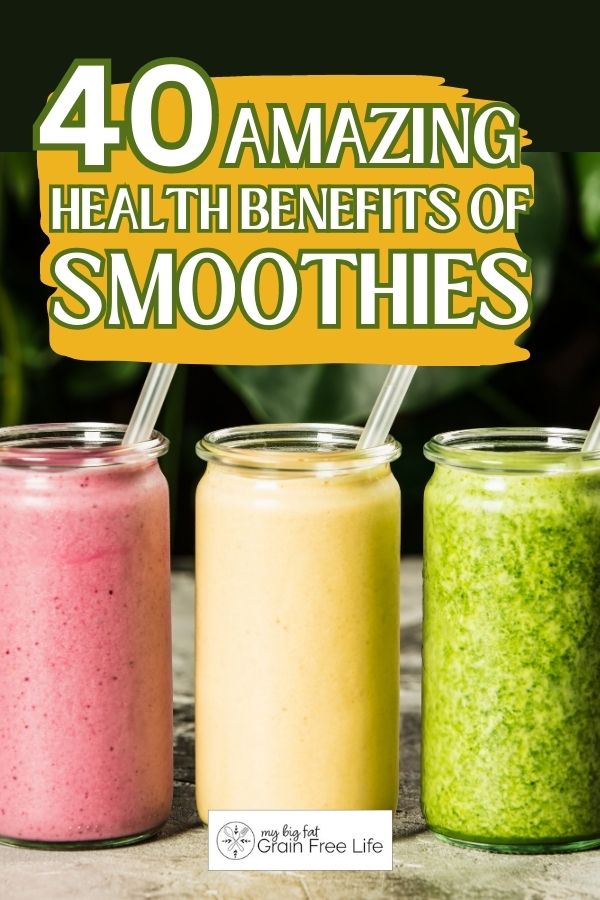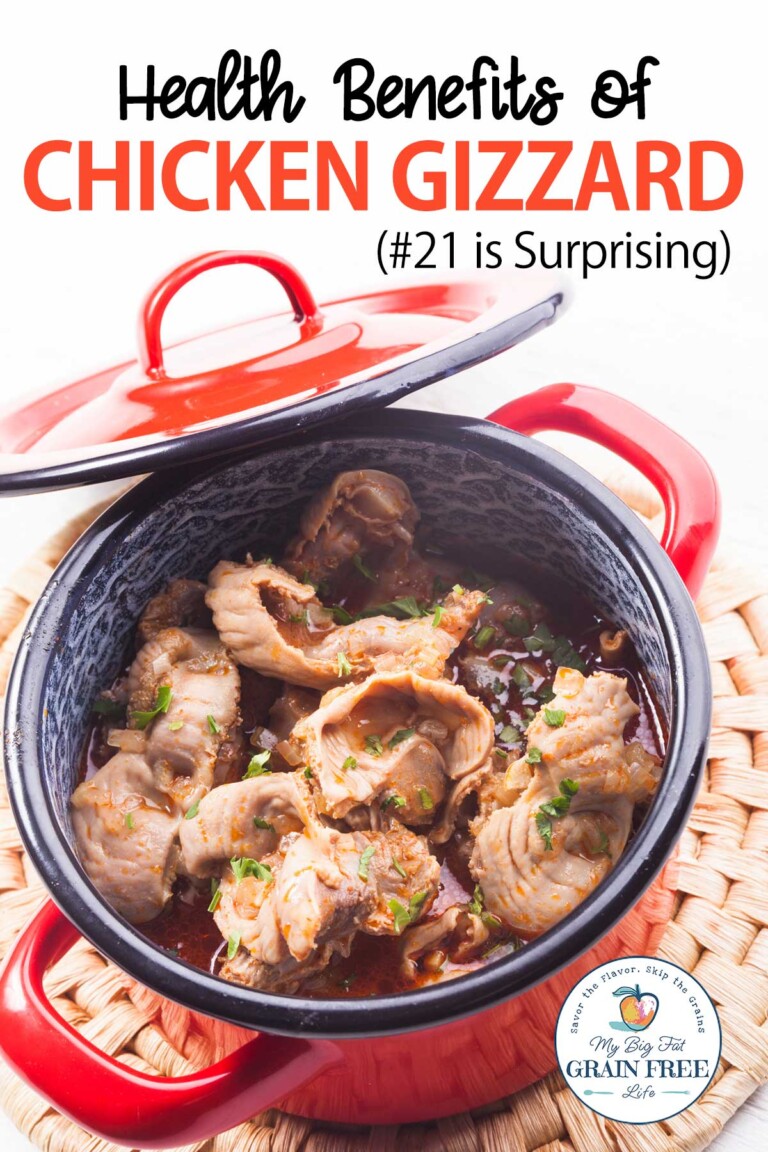Foods to Avoid for an MSG Allergy (Hidden Labels)
This post may contain affiliate links. If you make purchase after clicking a link, I may receive a commission at no extra cost to you.
Last Updated on June 1, 2023
If you are sensitive or allergic to MSG-containing foods you need to be extra cautious when you are purchasing sauces, spices and pre-packaged convenience foods. You need to be made aware of MSG allergy foods to avoid.
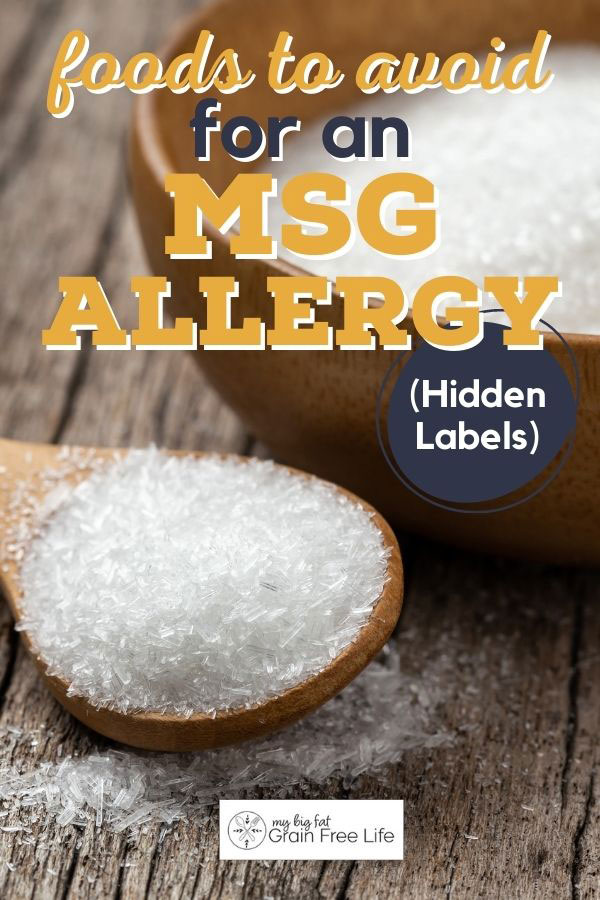
Avoiding MSG Allergy Foods
There are many food additives, ingredients, and even hidden ingredients that may actually contain MSG in them! If you are one that is prone to reactions after eating certain foods, reading labels is crucial to your well being.
I dealt with lifelong migraines until I was in my mid-thirties. One day I saw a friend carefully reading a label and I asked her what she was looking for. When she told me MSG caused her to experience migraines, I decided to look more into it. I became a crazy label-reader and avoided all-things that could potentially contain MSG.
To my surprise and delight cutting out MSG nearly eliminated my migraines. I had to make changes to my diet to eliminate MSG, including finding a soy sauce substitute.
What is MSG?
Monosodium glutamate (MSG) is a synthetic salt flavor enhancer derived from l-glutamic acid, a non-essential amino acid. MSG is made from water, sodium and glutamate. It is created with a fermentation process that ferments carbs such as: sugar beets, sugar cane, and even molasses. It was originally created from seaweed in Japan.
Glutamic acid is naturally occurring in your body and in many foods, but this form is processed in a lab. Since it is processed into a salt form it can be used to season and flavor foods, just like table salt.
This flavor-enhancing food additive has a distinct umami taste and is most commonly used to flavor food in chinese-restaurants and most processed foods. It enhances the flavor of food and makes it taste better.
The controversy of MSG began in the 80’s when many people began reporting allergy-like side effects and symptoms, specifically after eating at Chinese restaurants where MSG was prevalent.
These symptoms were alarming and scary and opened up a lot of people’s eyes to what they were actually eating.
Not Just A Flavor Enhancer
MSG is not just a flavor enhancer. This food ingredient is a natural by product of processing proteins. MSG acts as a nerve stimulant, which changes how foods taste on your taste buds. It actually increases your salivary glands, which causes your mouth to water which improves how food tastes. Some experimental biology was used to create this effect.
People that have MSG sensitivities are reacting to the free glutamic acid in the blood.
When proteins break down the acid is freed and can start to build up in the blood and can cause some toxic reactions. It can increase the glutamate levels in your brain, which can cause brain cells to break down over time.
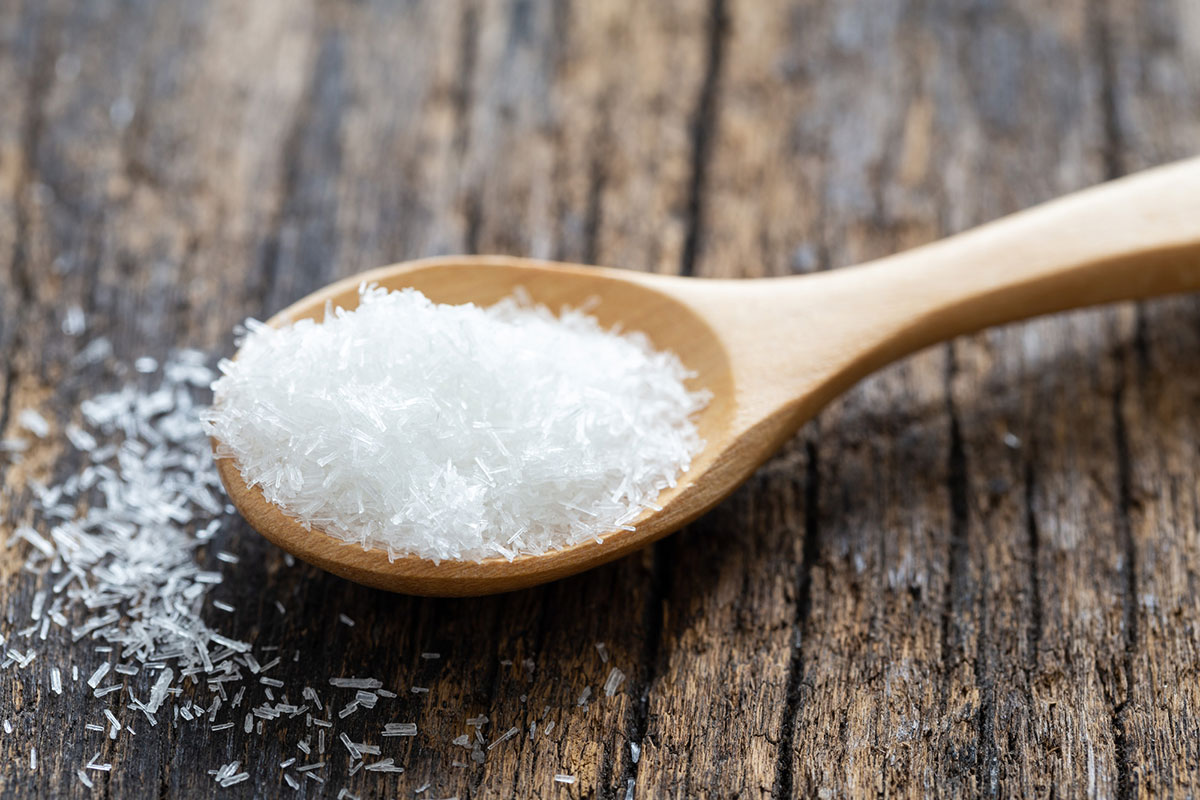
Why You Should Avoid MSG
There are many health risks from consuming even small amounts of MSG. It has been shown to cause a variety of health problems, including lesions on the brain, especially in small children. Consuming large amounts of MSG can cause obesity, inflammation, digestive issues, and damage your metabolic system.
The drug administration touts the safety of MSG and MSG consumption and states that it is fine to consume in small amounts with a balanced diet. You will need to make this decision for yourself, especially if you are someone that is sensitive to different foods.
Autoimmune diseases play a huge part in MSG reactions as well.
Having a leaky gut can cause your body to attack glutamic acid. This can lead to a build up of glutamate on the brain. This is where the neurotoxic effects of MSG come into play with certain individuals.
MSG Allergy Foods to Avoid
If you are prone to autoimmune diseases and want to live a healthier lifestyle, make sure that you watch your MSG intake. You will naturally want to avoid “junk food” and eating out as much as possible.
This list will help you learn what MSG allergy foods to avoid that can trigger a sensitivity.

MSG Foods to Avoid
If you cannot avoid all processed foods, it’s important to check the labels very carefully. Avoiding these MSG allergy foods will benefit your health in many ways.
You can often find MSG in the following foods:
- seasonings
- snack foods
- fast food
- soups
- salad dressings and condiments
- chips
- instant noodles
- seasoning mixes
- processed foods
- canned foods
- frozen foods
- Chinese cuisine
- cold cuts
Even vaccines and personal care products like soaps and shampoo are found to contain MSG.
Is MSG always labeled on the packaging?
If MSG is added to foods, then it is supposed to be labeled as such, but companies get away with adding it by hiding it in other ingredients.
The FDA only requires manufacturers to label foods that have MSG if the added ingredient is 99% pure MSG.
How is MSG hidden in food labels?
If you have a sensitivity to MSG, it’s important to watch for hidden sources of monosodium glutamate. When you see words like “no added MSG”, it might mean that some of the “natural” sources of MSG are still there. MSG is often hidden in ingredients that are listed with the words below.
The use of MSG in food products is common. You have to become a label-ninja in order to successfully avoid it because food manufacturers can get really sneaky with labels.
This list of MSG allergy foods to avoid might seem a bit daunting, but if you focus on eating whole foods and eliminating processed foods, you’ll find it’s easy!
- ajinomoto
- any hydrolyzed protein
- anything hydrolyzed
- anything protein fortified
- autolyzed yeast
- autolyzed yeast extract
- barley malt
- calcium caseinate
- calcium glutamate (e 623)
- carrageenan
- citrate
- citric acid
- flavoring
- flavors
- gelatin
- glutamate
- glutamic acid
- hydrolyzed corn gluten
- hydrolyzed protein (any protein that is hydrolyzed)
- hydrolyzed vegetable protein
- magnesium glutamate
- malt extract
- malt flavoring
- maltodextrin
- monoammonium glutamate
- monopotassium glutamate
- natrium glutamate
- natural flavors
- pectin soy protein
- protease enzymes
- protease soy protein concentrate
- seasonings
- sodium caseinate
- soy extracts
- soy protein isolate
- spices
- textured protein
- textured vegetable protein
- vetsin
- whey protein
- whey protein concentrate
- whey protein isolate
- yeast extract
- yeast food
- yeast food autolyzed yeast
- yeast nutrient
MSG Allergy – Whole vs. Processed Foods
Some unadulterated whole-food-based proteins contain a natural form of glutamic acid, such as grains, meats, dairy products, and some vegetables.
These foods do not cause a reaction for those who are sensitive to MSG.
It’s the processed foods that contain free glutamic acids (listed above) that can cause MSG reactions.
Which foods contain naturally-occurring glutamate?
Some whole foods that contain naturally-occurring glutamate:
- corn
- green peas
- grapes
- grape juice
- mushroom
- peas
- potatoes
- some cheeses (parmesan cheese and roquefort cheese)
- some fruit juices
- tomatoes
- tomato juice
Can someone be allergic to MSG?
Many people believe that they can be allergic to MSG, but an MSG reaction is really a sensitivity and not a true allergy. This is because true allergies involve a protein called IgE. This is an antibody that works in the allergy department of your immune system.
These IgE antibodies are present in pollen and pet allergies, that most people can have allergic reactions to, but not in MSG. Most doctors and immunologists will not call it a food allergy, but a sensitivity.
It can sometimes even be called Chinese restaurant syndrome. This comes from the 80’s when reports were being made of allergy-like symptoms after eating at Chinese food restaurants.
It can seem like an allergy to many because symptoms can pop-up shortly after consuming it, like other food allergies.
What are the signs and symptoms of MSG intolerance?
There are many signs and symptoms that can occur from someone that is sensitive to MSG.
With the consumption of MSG, sensitive individuals may actually have a food intolerance to foods that contain MSG. This can show up with some bizarre side effects after consuming foods with MSG in it.
There can be mild symptoms that start with a headache and then sometimes it will lead to migraines. Others can get flushed cheeks, feel achy and have some muscle tightness.
There are more severe symptoms such as: high blood pressure, chest pain, difficulty breathing and asthma symptoms. Such individuals need to try to avoid MSG foods to avoid these reactions in their bodies.
MSG Allergy Reactions
- headaches/migraines
- fatigue/drowsiness
- heart palpitations
- hives
- asthma attack
- throat swelling
- skin flushing
- itchy skin
- skin rashes
- bloating
- abdominal discomfort
- weakness
- face pressure or tightness
- tingling or burning in the face
- muscle pains
- chest heaviness
- numbness
More on Food Allergies
- Ragweed Allergy Foods to Avoid
- Pork Allergy Foods to Avoid
- Birch Pollen Allergy Foods to Avoid
- Oak Tree Allergy Foods
Final Thoughts on MSG
According to the FDA, consuming MSG in small amounts is not a health hazard, though there are many studies that have shown otherwise. MSG is most often found in foods that aren’t healthy for you. These convenient and highly-processed junk foods are already known to cause a slew of health issues.
For the most part, avoiding convenience and unhealthy foods will go a long way to helping you avoid being exposed to MSG. Living a healthier lifestyle, and eating clean, whole foods will also help to prevent diseases and illness that have been known to be caused from consuming MSG.



